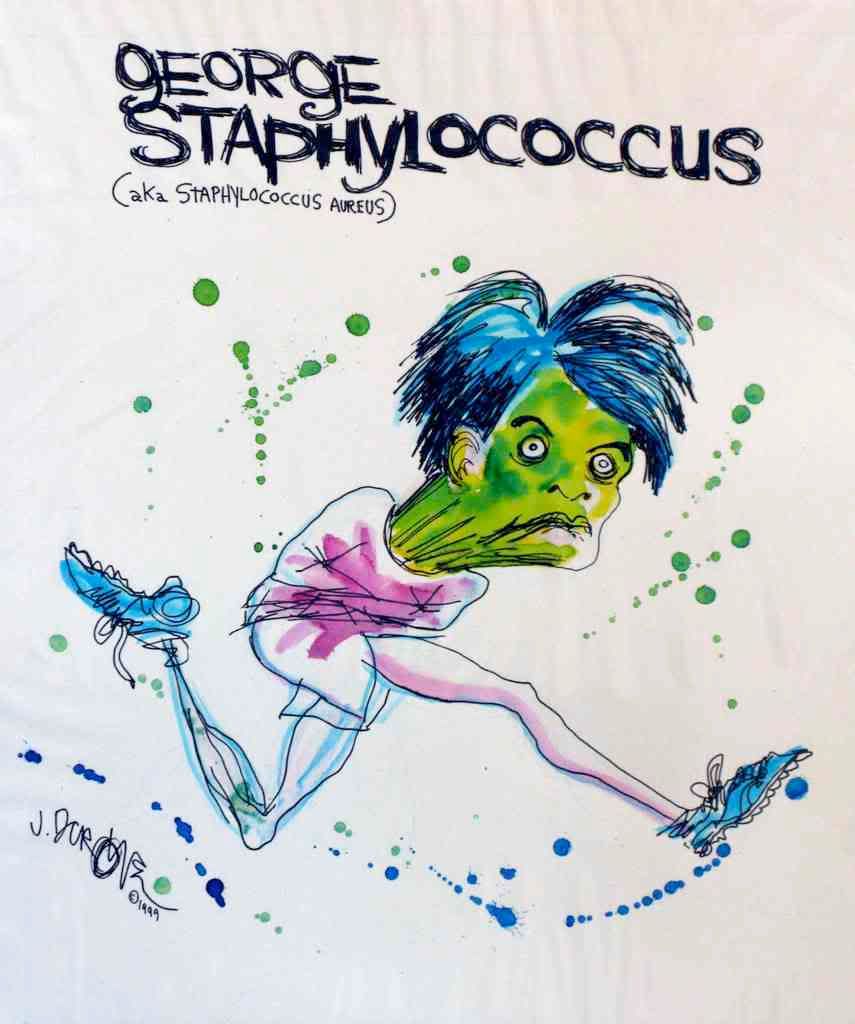 Here is today's list of food safety recalls, product withdrawals, allergy alerts and miscellaneous compliance issues. The live links will take you directly to the official recall notices and company news releases that contain detailed information for each recall and alert.
Here is today's list of food safety recalls, product withdrawals, allergy alerts and miscellaneous compliance issues. The live links will take you directly to the official recall notices and company news releases that contain detailed information for each recall and alert.If you would like to receive automatic email alerts for all new articles posted on eFoodAlert, please click here or submit your request using the sidebar link. Please include "subscribe eFoodAlert" in the subject line.
For information on the US Salmonella Enteritidis outbreak and egg recalls, please click here.
United States
- Pet Food Safety Recall: Procter & Gamble (P&G) is voluntarily recalling a small number of bags of its Iams Proactive Health Indoor Weight & Hairball Care dry cat food (6.8-pound blue bags; UPC 1901403921; code date 02304173 (B1-B6)), because the product has the potential to be contaminated with Salmonella. The product was distributed to certain stores – including Walmart – in Loveland, Colorado.
- Food Safety Alert: Rhode Island Department of Health alerts consumers to two additional cheese products that have been found to contain Listeria monocytogenes. The DOH expects the following products to be recalled by the manufacturer: Queso El Azteca brand Queso Fresco (expiration date 09/12/2010), and Queso El Azteca brand Ricotta Cheese (Requeson; expiration date 09/19/2010).
- Food Recall: Food City recalls Trademill White Self Rising Cornmeal (no details given).
- Food Safety Recall: California Department of Public Health (CDPH), warns consumers not to eat Fruiti Pops or Paletas California brand frozen mamey fruit bars, also known as aspaletas, because of potential contamination with Salmonella Typhi. Mamey, which is the main ingredient of these products, is a tropical fruit from Central America.
- FDA Warning Letter: FDA warns Specialty Brands of America (Westbury, NY) that a review of the label for the company's Bear Creek Country Kitchens Navy Bean Soup Mix established that the label does not meet the requirements for the nutrient label claim.
- FDA Warning Letter: FDA warns R&P Seafood Corp. (Bell, CA) that an April 2010 inspection of the company's Los Angeles seafood processing facility revealed serious violations of the seafood Hazard Analysis and Critical Control Point (HACCP) regulation and the Current Good Manufacturing Practice regulation for foods.
- FDA Warning Letter: FDA warns Village Green Foods, Inc. (Irvine, CA) that a March/April 2010 inspection of the company's seafood processing facility revealed serious violations of the seafood Hazard Analysis and Critical Control Point (HACCP) regulation and the Current Good Manufacturing Practice regulation for foods.
Europe
- Food Safety Recall (Finland): Inex Partners Oy recalls Rainbow Dried Dates due to mold growth. The recalled product was sold in S Group, Prisma, S-Market, ABC and Alepa stores.
- Food Safety Notification (EU #2010.1185): Omethoate and dimethoate in kale from Belgium; distributed to Luxembourg.
- Food Safety Notification (EU #2010.1186): Tin in canned lychees in syrup from the Netherlands; distributed to Germany.
- Food Safety Notification (EU #2010.1187): Migration of benzophenone from packaging of cakes from Turkey; distributed to Belgium, Germany and the Netherlands.
- Pet Food Safety Notification (EU #2010.1188): Salmonella Mbandaka and Salmonella typhimurium in raw frozen chicken/beef sausages from Belgium; distributed to Belgium and the Netherlands.
Some supermarket chains post recall notices on their web sites for the convenience of customers. To see whether a recalled food was carried by your favorite supermarket, follow the live link to the supermarket's recall web site.
- A&P
- Big Y® World Class Market®
- BJ's Wholesale Club, Inc.
- Bloom
- Brookshire's
- Costco Wholesale Corporation (US stores)
- Costco Wholesale Canada Ltd.
- EDEKA (Germany)
- Food City
- Food Lion
- Giant Food LLC
- Gros Cidac (Italy)
- Hannaford Brothers Co.
- Harris Teeter
- H-E-B
- The Kroger Company*
- Price Chopper
- Raley's
- Roundy's Supermarkets, Inc.
- Sainsbury's
- ShopRite
- Stop & Shop
- Sweetbay Supermarkets
- Target
- Top Food & Drug
- Tops Friendly Markets
- Wal-Mart Stores, Inc.
- Wegmans
- Whole Foods Market
- WinCo Foods
- Winn-Dixie Stores, Inc.
*The Kroger umbrella encompasses numerous supermarket, marketplace and convenience store chains, listed on the Kroger corporate home page.








